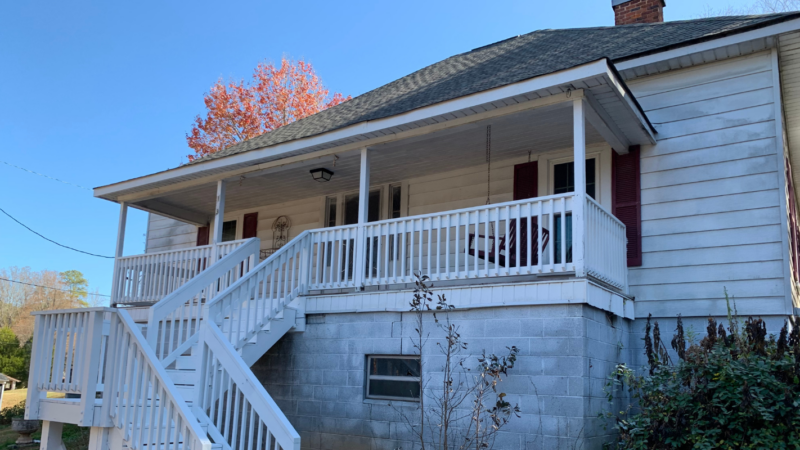March 27, 2024 | Alexa Johnson
Why does the corporate purchase of affordable homes continue?
In addition to being lucrative, many factors contribute to the economic landscape that allows for private equity funds to buy affordable housing units and transition them into permanent rental housing.
The wage crisis. One of the biggest drivers of the affordable housing crisis is the wage crisis. In North Carolina, the minimum wage is still the national minimum—$7.25 an hour—which was established in July 2007, before the 2008 housing crisis and the subsequent Great Recession.
According to the latest data from the US Bureau of Labor Statistics, $1 in July 2007 is worth approximately $1.42 in June of 2022. This means that if the amount was adjusted for the rate of inflation alone, the minimum wage would be approximately $10.31.
This doesn’t affect only minimum wage workers—many employees, especially hourly workers, do not make wages that have been adjusted for the increased prices and inflation rates of the past decade. In Mecklenburg County, a single income earner working full time must make $25.63/hour or work 141 hours a week if they are making minimum wage. For Iredell County, a single income earner must make $19.88/hour or 110 hours a week if they are making minimum wage.
So, while housing prices are skyrocketing and rents are becoming less affordable, wages are not increasing to meet the needs of workers who might have been homeowners. Instead, they can barely afford to pay rent, much less save for a down payment or compete with a private equity fund when bidding on a property. This opens more space in the market for investors to use private equity to buy up remaining affordable housing units, which perpetuates a cycle that does not favor low-income workers accumulating wealth through homeownership.







